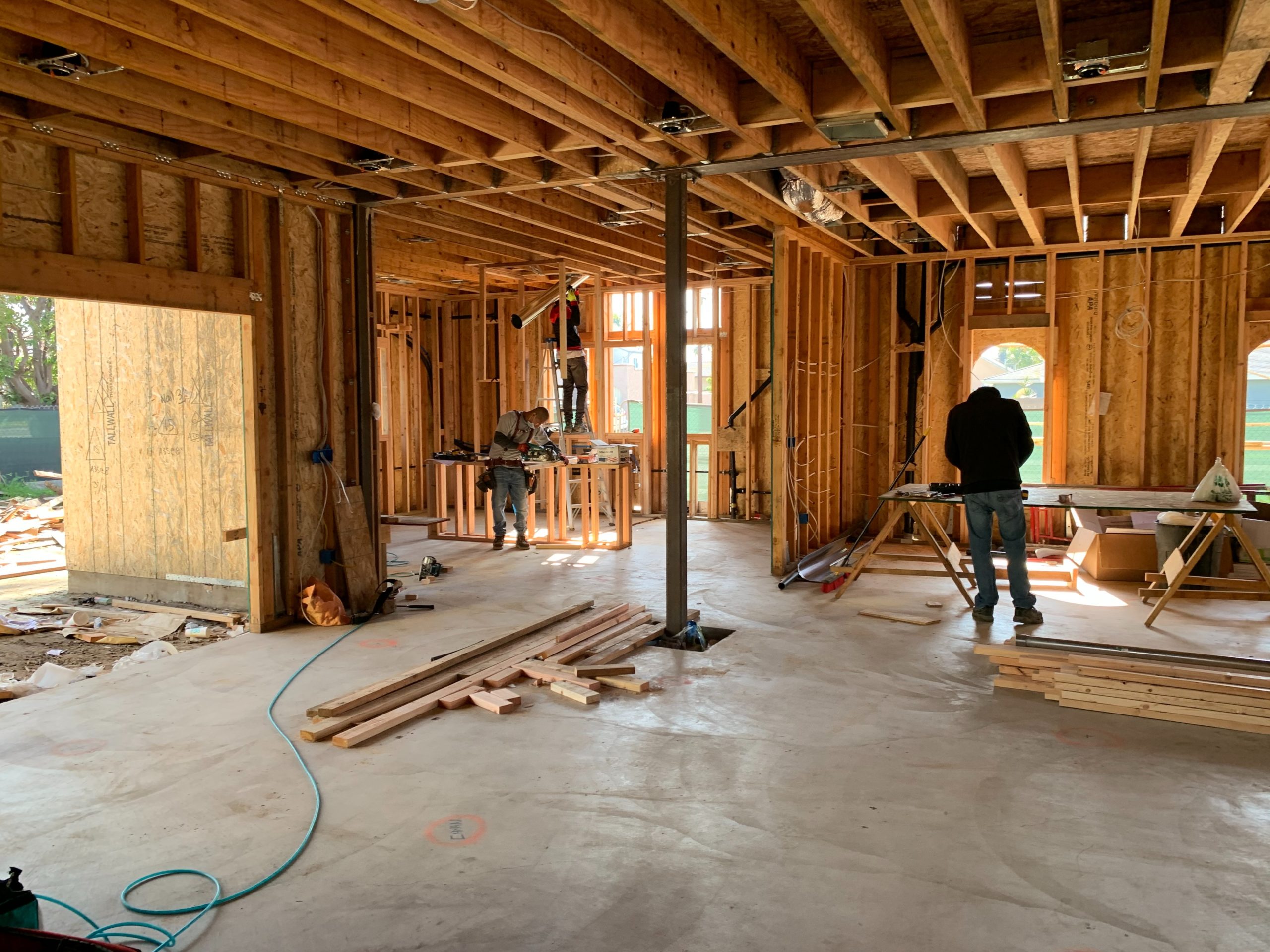

In our previous article, we discussed some essential terms to include in your residential construction contract. This included the scope of work, the schedule, and change orders. Ensuring your contract covers all your bases is the best way to prevent predicaments on the front end and avoid getting sued by a homeowner. This article will dive into some of the other important terms that should be included to manage homeowner expectations properly. This is imperative because when homeowner expectations are properly managed, you don’t end up in disputes.
Your payment needs and when you expect to receive payment from your client need to be spelled out in your residential construction contract. Including clear payment terms can make or break your business. If your work takes one day, with a small deposit before you begin and the rest of your payment due upon completion, you need to be clear about this expectation with the homeowner.
If you have a project that goes over many months, and payment is expected when you reach certain milestones, the homeowner must clearly understand these expectations in the contract as well. It’s also important to note that if you have a project that takes longer than a few days, even if you include milestone payment terms in the contract that says you are to be paid X dollars once you reach the first milestone and Y dollars at milestone two, a homeowner may not actually know when you have reached those milestones.
Additionally, while it may be clear to you that you’ve reached your milestone since you are on the job site, it may not be clear to the homeowner if they are not receiving regular updates. This is why we suggest that if you have a milestone payment schedule, you send an invoice once you reach that milestone. For example, suppose the contract says that you expect to draw in 25% of your total pay when the first milestone is completed. You should then send the homeowner an invoice upon completion of this first milestone and articulate that payment is due within five days of the invoice. The clearer you can be regarding when you expect your payment, the more likely you will get paid on time.
The Cromeens Law Firm is here to protect you and your business. Our hope is that you never get stuck in a legal battle because you were not adequately informed or prepared. Work with us to equip yourself with the knowledge you need to protect your business and your hard-earned money.
Your contract should also address what happens when you are not paid on time. This part of the contract is referred to as the default section. It addresses what will happen if either party fails to do what the contract requires. If your contract requires payment within five days of an invoice, this section should include the penalty for failure to pay on time. For example,
“If payment is not received within five days of an invoice, all work will stop until full payment is made.”
This section should also include what happens if you as the contractor are in default of your construction contract. Normally something like this is included:
“Contractor will have 72 hours after a written notice of default from the owner to cure any default or the owner has the right to terminate this contract.”
At The Cromeens Law Firm, we have extensive knowledge and understanding of construction contract laws and are licensed in Texas, Louisiana, Georgia, and California. We are often able to solve contract disputes for our clients through informal negotiations, mediation, or arbitration. Work with us to equip yourself with the ability to properly evaluate your risks before you sign and negotiate your next subcontract with greater confidence and ease.
With the current state of the world, it is important that we also include language in your contract that will allow you to recover the increased cost of materials and what could happen if you have a labor shortage. If your contract doesn’t mention anything about the owner paying for the unexpected increased material costs, you could have to eat that difference. Add something to your contract that says, for example,
“If the cost of materials required for this project increases more than 3% from the estimated cost of this project, Contractor is entitled to be paid the additional cost. Contractor will inform Owner immediately if this occurs.”
Language should also be added to the section of your contract regarding scheduling to address the possible issue of a labor shortage. As an example,
“If Contractor is unable to complete the work or progress the work due to a labor shortage or government lockdown, Contractor will be given additional time to complete the scope of work.”
Again, if you do not have in your contract that you will be allowed additional time to complete the work, it could be considered a breach of contract if you do not finish on time.
At the end of the day, a residential construction contract needs to work for you, not against you. If you experience a difficult situation that you do not want to repeat, add language to your contract to prevent that situation from happening again. Reach out to our experienced construction attorneys at The Cromeens Law Firm for all your residential contract needs. We can create custom residential construction contracts nationwide, or we can improve yours as it is. Our team is dedicated to protecting your profit and can work with you to find the right language for your construction business’s needs. Set yourself up for success and get started today.
This article is intended as a general educational overview of the subject matter and is not intended to be a comprehensive survey of recent jurisprudence, nor a substitute for legal advice for a specific legal matter. If you have a legal issue, please consult an attorney.
Karalynn Cromeens is the Owner and Managing Partner of The Cromeens Law Firm, PLLC, with over 17 years of experience in construction, real estate, and business law. A published author and passionate advocate for contractors, she has dedicated her career to protecting the businesses her clients have built. Karalynn is on a mission to educate subcontractors on their legal rights, which inspired her books Quit Getting Screwed and Quit Getting Stiffed, as well as her podcast and The Subcontractor Institute.

